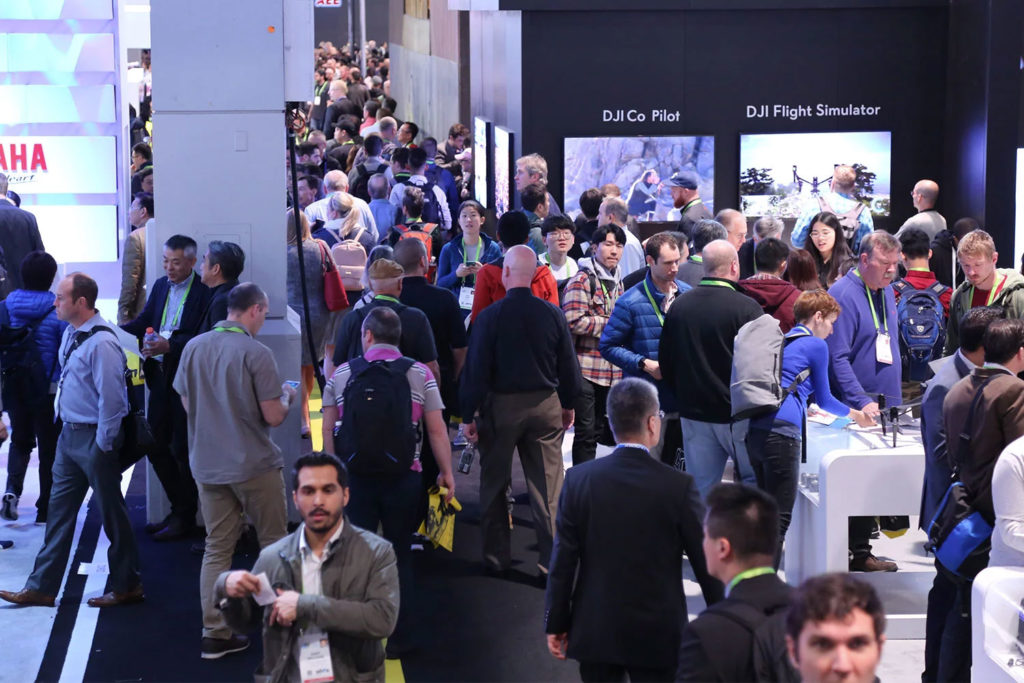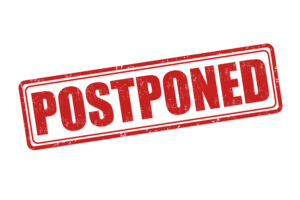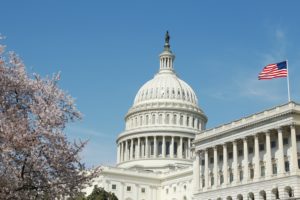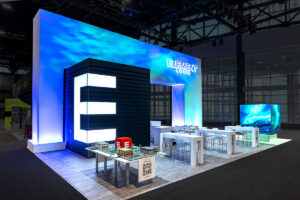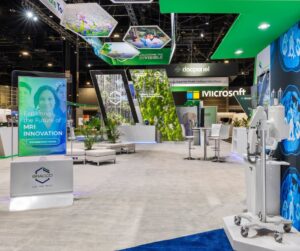Over the course of a professional career, you will certainly experience a number of situations that try your fortitude, levelheadedness and decision making abilities. Some of these events will be personal in nature, such as a loss of a job, or serious illness or worse yet, a death in your immediate family. Others will be events well out of your control such as a natural disaster, a financial crisis, or a new disruptive entrant competitor, that can negatively impact your well laid plans. Some evolve over time and some have an immediate impact. In all cases, there is a moment when you are at a loss about exactly what your next step should be.
Like so many Americans, I vividly remember the precise moment I learned about the terrorist attacks on the World Trade Center. And the growing horror and disbelief as the morning of September 11th unfolded. At the time I was working for a software company that primarily served automobile dealerships in North America. I was in an operations role and did not travel much. The company was the leader in a well-penetrated market. Our growth was largely retention based. Initially the impact of 9-11 for that company was travel disruption. My boss at the time was a West Point graduate. He held a meeting with the team the morning after so that we could talk about what had happened, try to process it and speculate on the future. I do remember him sharing that depending on what transpired militarily, it was likely that he would be called to serve. For that company, the business impact of 9-11 was more gradual but eventually there was a slowdown of investment.
At another point in my career, I was working for an information services company with a focus on the law firm segment when the financial crisis and Great Recession occurred. Again, I have a vivid memory of encountering our global CEO just after he had learned of the fall of Lehman Brothers. He was visibly shaken as he processed what, to him, was an unthinkable event. The company had a history of belt-tightening every fall as a way to achieve full-year profit objectives. Every year, the company would issue a travel ban, hiring freeze and cuts to discretionary spending such as training programs or marketing spend. Some years there would also be lay-offs. And so, the effects of the financial crisis on the business initially felt no different than any other year—maybe only slightly worse. However, as the Great Recession dragged on, the cuts were deeper, the teams more skeletal, and we had to be more creative in how we got our messages into the market.
As I grow in my career, it certainly seems like these unprecedented events occur every ten years or so. Once again, we as individuals with families to worry about and as professionals with business objectives to meet, find ourselves in uncharted waters. Schools are closing or moving to remote online instruction. Every professional sport has suspended the season, the NCAA basketball tournaments have been canceled, Disney Properties have closed, and the city that never sleeps—the city our business visits most—has closed all MGM casinos and hotels – with more closures likely. Brands have imposed travel bans for their employees. Festivals and conferences are postponing or outright canceling.
Face-to-face marketers across the country are scrambling. They are momentarily disoriented and wondering how to move on. The event which was the cornerstone of their marketing program has been canceled and they are trying to figure out unique and innovative ways to reach their target audiences and generate leads for their Sales partners. We will shift to push marketing and social channels, print and digital advertising and other means to cover the gap created by not being able to meet face-to-face with clients and prospects—if the dollars are there to support those actions.
Those measures will work to a certain extent, but they won’t replace the effectiveness of event marketing. The power of these in-person interactions simply cannot be replicated digitally. The multi-sensory nature of these events makes them impactful and memorable. We hear what someone is saying, not just their words, but their tone, inflection and body language. And where these interactions occur, lighting, ambiance, and scents all work together to imprint on our memories and enhance the experience. You can look at picture after picture of the Grand Canyon on your computer but nothing compares or prepares you for the first time you stand on the observation deck and see the expanse for yourself, feel the breeze, hear the echoes and smell rocks, sand, heat, shrubs, and openness. After experiencing the Grand Canyon in person, the computer picture is a laughable representation of the experience; already forgotten.
Attendees come to trade shows, conferences and events to meet with product experts, to learn about specifications and capabilities, to touch, feel and see, to gauge potential business partnerships, and to network with peers. Trade shows and conferences may be on hold for now…but they will be back. Businesses cannot sustain without them. Our economy needs them—in the near future more than ever because the business disruption with this health crisis has the potential to be even more significant than anything we’ve experienced in generations. We do not want another Great Recession.
The only thing flying in the skies for a week after 9-11 were birds. But eventually, commercial air travel returned. Slowly at first, as the flying public confronted their fears and tighter security procedures were implemented. Eventually, we achieved a new normal with regard to business and personal travel.
The same will hold true for trade shows, conferences and events. There will be cancellations and postponements as authorities work to slow the spread of the virus. But that’s short term. In the long term, businesses need a platform to release their products and services. Brands need cost efficient places and spaces for their target audience to gather. And the United States of America’s economy will need all of these together, too. But at the end of the day, what will bring our industry back to the top is that human beings crave social interactions and experiences. Face-to-face marketing will always be the unforgettable experience.


